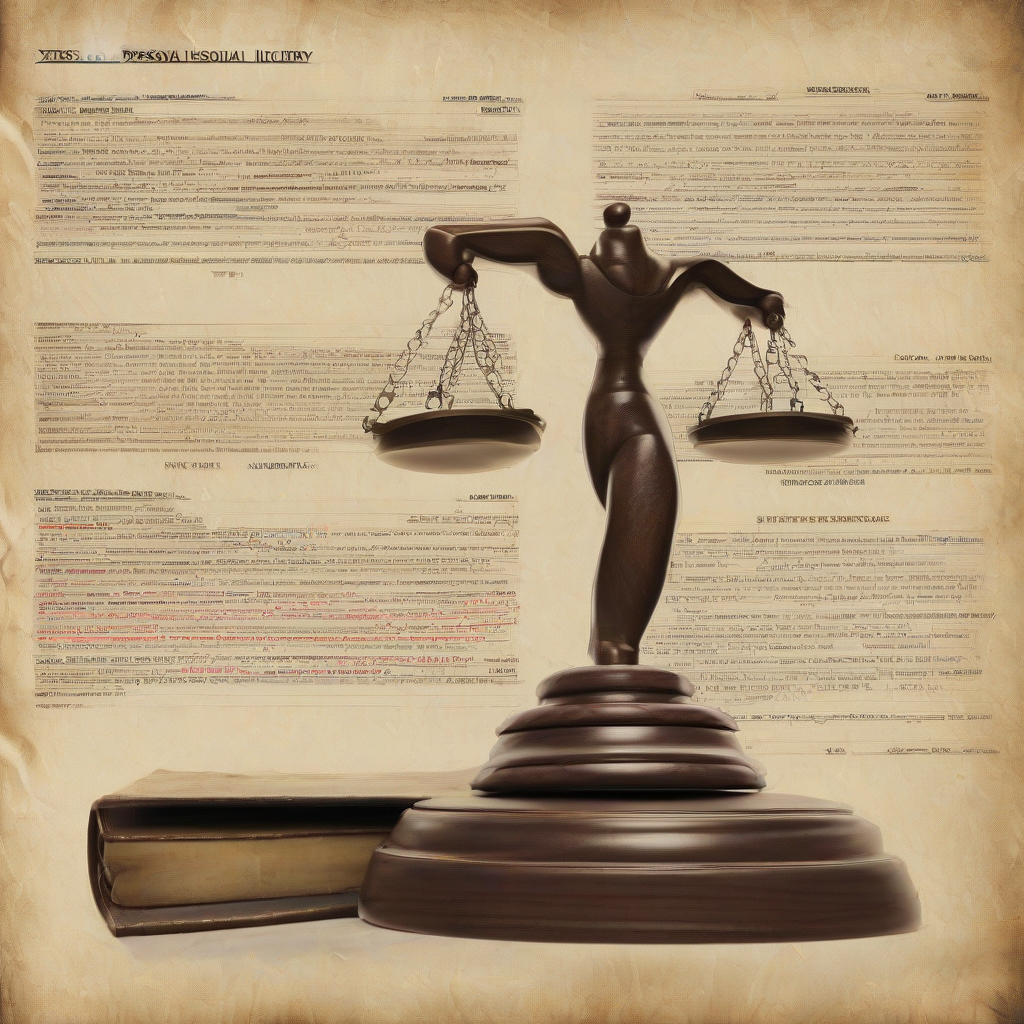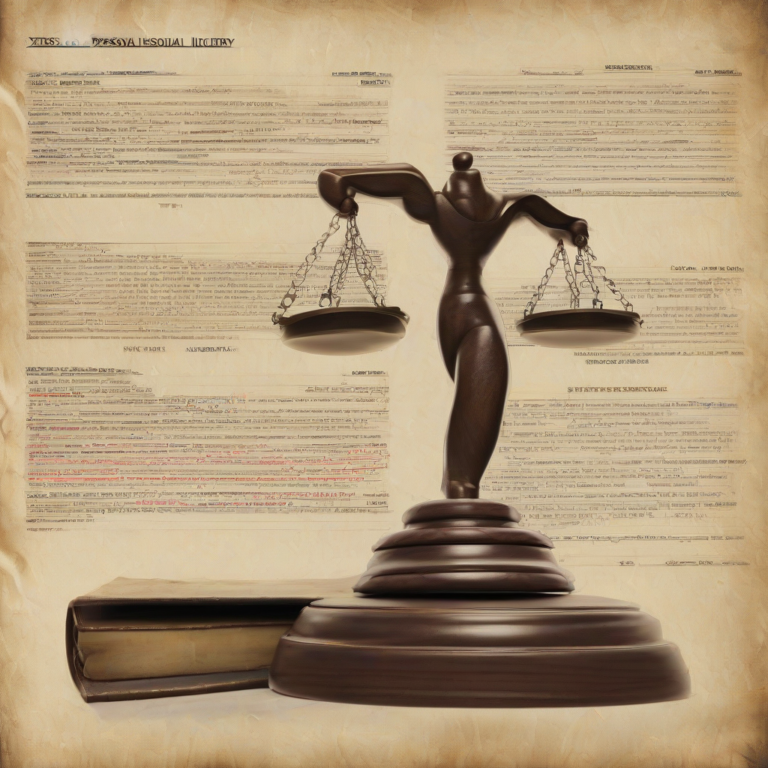
Navigating the Complexities of Personal Injury: Your Guide to Finding the Right Attorney
Suffering a personal injury can be a profoundly disruptive and challenging experience. Beyond the physical pain and emotional distress, the complexities of navigating the legal system to secure fair compensation can feel overwhelming. This is where the expertise of a personal injury attorney becomes invaluable. This comprehensive guide will explore the vital role of personal injury attorneys, the selection process, and critical factors to consider when choosing the right legal representation for your unique circumstances.
Understanding the Role of a Personal Injury Attorney
Personal injury attorneys specialize in representing individuals who have suffered physical or emotional harm due to the negligence or wrongdoing of another party. Their primary role is to advocate for their clients’ rights and pursue maximum compensation for their injuries, losses, and suffering. This includes:
- Investigating the accident or incident: Gathering evidence such as police reports, medical records, witness statements, and photos to build a strong case.
- Negotiating with insurance companies: Dealing with insurance adjusters, who often attempt to minimize settlements.
- Filing lawsuits: If a settlement cannot be reached, they will file a lawsuit on behalf of their client.
- Preparing for trial: Gathering evidence, deposing witnesses, and preparing legal arguments for court proceedings.
- Representing clients in court: Advocating for their clients’ interests in front of a judge and jury.
- Calculating damages: Determining the full extent of the client’s losses, including medical expenses, lost wages, pain and suffering, and future care.
Types of Personal Injury Cases
Personal injury law encompasses a wide range of cases, including:
- Car accidents: Injuries sustained in motor vehicle collisions.
- Truck accidents: Accidents involving large commercial vehicles, often requiring specialized expertise.
- Motorcycle accidents: Accidents involving motorcycles, frequently resulting in severe injuries.
- Pedestrian accidents: Injuries sustained by pedestrians struck by vehicles.
- Bicycle accidents: Accidents involving bicycles, often resulting in serious injuries.
- Slip and fall accidents: Injuries caused by hazardous conditions on someone else’s property.
- Medical malpractice: Negligence or misconduct by a healthcare professional resulting in patient harm.
- Product liability: Injuries caused by defective products.
- Premises liability: Injuries sustained on someone else’s property due to unsafe conditions.
- Wrongful death: Death caused by the negligence or wrongful act of another.
Finding the Right Personal Injury Attorney: Key Considerations
Choosing the right attorney is crucial for the success of your case. Consider these factors:
- Experience and specialization: Look for attorneys with a proven track record in handling cases similar to yours. Specialization in a specific area of personal injury law (e.g., medical malpractice, car accidents) can be highly advantageous.
- Reputation and client testimonials: Research the attorney’s reputation online, check for reviews and testimonials from previous clients. Look for consistent positive feedback and a strong track record of successful outcomes.
- Communication and responsiveness: Effective communication is paramount. Choose an attorney who is readily available to answer your questions and keep you updated on the progress of your case.
- Fees and payment structure: Most personal injury attorneys work on a contingency fee basis, meaning they only get paid if you win your case. Understand the fee structure clearly before signing any agreement.
- Resources and support staff: A reputable firm will have the resources and support staff necessary to effectively handle your case. This includes investigators, paralegals, and other specialists.
- Trial experience: While many cases settle out of court, it’s important to choose an attorney with significant trial experience in case your case needs to go to court.
- Location and accessibility: While many firms operate remotely, it can be beneficial to choose a firm with a local office if you prefer in-person meetings.
- Personal connection: You want an attorney you feel comfortable with and trust to represent your best interests. A good rapport is essential for a successful attorney-client relationship.
The Initial Consultation: What to Expect
The initial consultation is crucial. During this meeting, you should:
- Thoroughly explain the details of your accident or injury: Provide as much information as possible, including dates, times, locations, and witness information.
- Ask questions about the attorney’s experience and approach: Don’t hesitate to inquire about their track record in similar cases and their strategy for handling your case.
- Discuss fees and payment arrangements: Clarify the attorney’s fee structure and ensure you understand all costs involved.
- Assess your comfort level with the attorney: Pay attention to your gut feeling. Do you feel comfortable and confident in the attorney’s ability to represent you?
Common Mistakes to Avoid When Choosing an Attorney
Avoid these pitfalls when selecting a personal injury attorney:
- Choosing the first attorney you contact: It’s essential to compare several attorneys before making a decision.
- Focusing solely on advertising: Don’t be swayed solely by flashy advertising. Thoroughly research and vet potential attorneys.
- Ignoring red flags: Pay attention to any red flags, such as unresponsive communication or unclear fee arrangements.
- Failing to ask questions: Don’t be afraid to ask questions. An attorney who is unwilling to answer your questions thoroughly might not be the right choice.
- Rushing the decision: Take your time to make an informed decision. Choosing the right attorney is a crucial step in your legal process.
The Importance of Documentation and Evidence
Gathering and preserving evidence is critical in personal injury cases. This includes:
- Medical records: Comprehensive medical records documenting your injuries, treatments, and prognosis are essential.
- Police reports: Obtain a copy of the police report from the scene of the accident.
- Witness statements: Collect contact information and statements from anyone who witnessed the accident.
- Photographs and videos: Document the scene of the accident with photos and videos, if possible.
- Financial records: Keep detailed records of all medical bills, lost wages, and other expenses incurred as a result of the injury.
The Legal Process: A General Overview
The legal process for a personal injury case can be complex and time-consuming. It generally involves:
- Investigation and evidence gathering: Your attorney will thoroughly investigate the accident and collect relevant evidence.
- Demand letter: A formal letter outlining your claim and demand for compensation is sent to the at-fault party or their insurance company.
- Negotiation and settlement: Your attorney will negotiate with the insurance company to reach a fair settlement.
- Filing a lawsuit: If a settlement cannot be reached, your attorney will file a lawsuit on your behalf.
- Discovery: Both sides exchange information and evidence.
- Trial: If the case cannot be settled, it will go to trial.
- Judgment and appeal: After the trial, a judgment is issued, which can be appealed.
Understanding Damages in Personal Injury Cases
Damages in personal injury cases can include:
- Economic damages: These are quantifiable financial losses, such as medical expenses, lost wages, and property damage.
- Non-economic damages: These are intangible losses, such as pain and suffering, emotional distress, and loss of consortium.
- Punitive damages: These are awarded in cases of gross negligence or intentional wrongdoing to punish the at-fault party and deter similar behavior.



